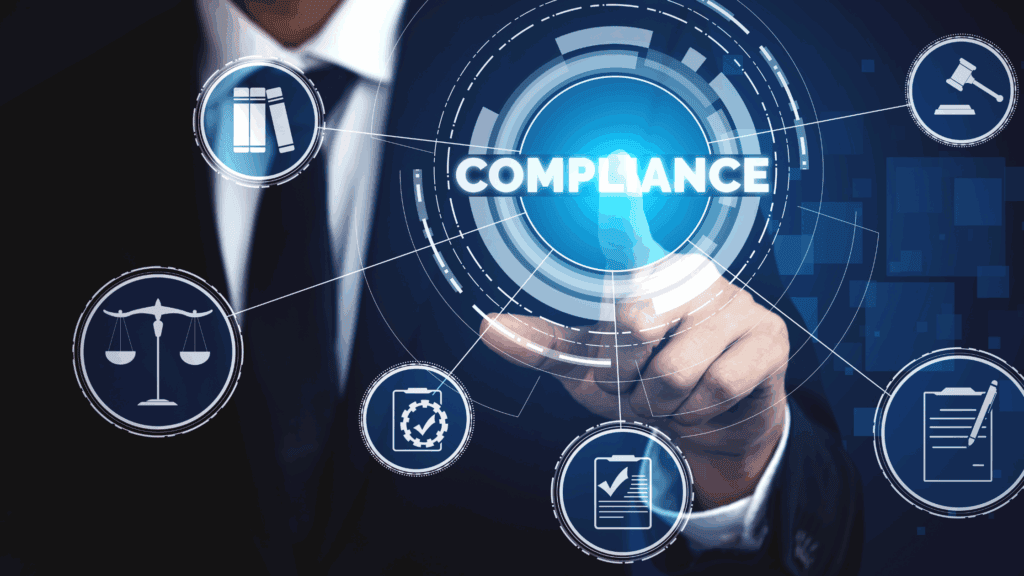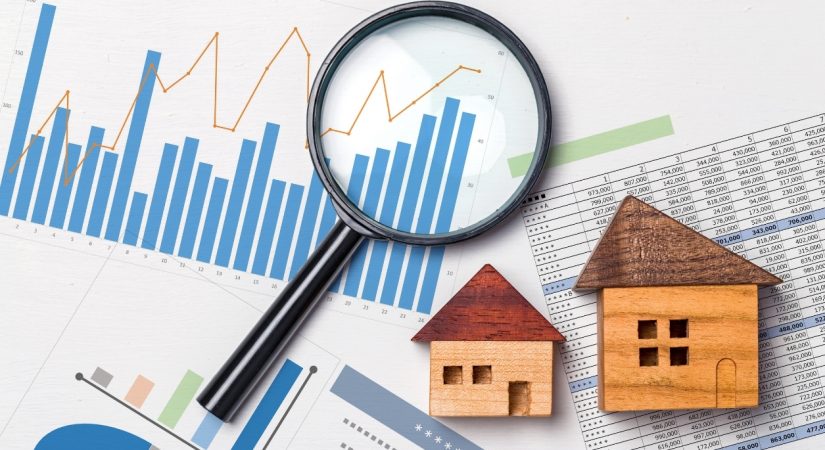The landscape of real estate is witnessing a profound transformation driven by technological innovations. Central to property transactions lies the land registry—a crucial system that records ownership details, ensures legality, and supports market integrity. Traditionally maintained by government agencies in centralized databases, these registries face challenges related to accuracy, accessibility, and timeliness.
Simultaneously, Multiple Listing Services (MLS) operate as the industry’s lifeblood for sharing property listings, providing realtors and buyers with up-to-date information about available properties. However, discrepancies sometimes emerge between MLS data and official land records, causing inefficiencies, disputes, and delays.
The synchronization of blockchain-based land registries with MLS databases promises a new paradigm. Leveraging blockchain’s strengths—immutability, transparency, and decentralized validation—offers a path toward more reliable and efficient real estate transactions. This article explores how this integration works, its potential benefits, and the challenges that stand in the way of widespread implementation.
Understanding the Foundations
Land registries serve as authoritative sources for property ownership and encumbrance records. They provide legal certainty by documenting transfers, liens, easements, and other critical details that affect a parcel. This registry data underpins the validity of property sales, leasing agreements, and financing activities.
On the other hand, MLS platforms act as marketplaces where agents list properties, share data, and coordinate transactions. MLS databases gather information about homes for sale, prices, photos, disclosures, and more, functioning as collaborative spaces for real estate professionals.
Under the current system, land registry information and MLS data often remain siloed. This segregation can lead to discrepancies, such as outdated ownership info on listings or errors in property descriptions, which complicate transactions and erode consumer confidence.
Blockchain Technology
Blockchain is a distributed ledger technology that securely records transactions across a network of computers. Its core features include transparency, tamper resistance, and decentralized verification. Each entry on the blockchain is time-stamped and linked to previous records, forming a chain of data that is practically impossible to alter without consensus.
Applied to land registries, blockchain establishes a continuously updated ledger of property titles accessible to authorized parties with verified identities. This model replaces single-point failure risks inherent in centralized databases, enhancing data security and accuracy.
When blockchain registries synchronize with MLS systems, property listings and ownership records become dynamic counterparts. Information flows between the two systems, ensuring that every MLS listing reflects the latest, legally accurate data from the blockchain land registry.
Improved Data Accuracy and Trustworthiness
By linking MLS records directly with a blockchain-based land registry, property information remains consistent and trustworthy. Real estate agents and buyers can confidently access verified ownership details and encumbrance statuses, reducing the chances of fraud or misrepresentation.
This accuracy mitigates common transactional obstacles such as title disputes or delays in verifying property legitimacy, leading to smoother deals and fewer costly surprises.

Enhanced Transparency and Accountability
Blockchain’s immutable audit trail offers unparalleled transparency. Every change in ownership or property status is recorded immutably, accessible for review and verification by stakeholders.
MLS platforms that benefit from this transparency can offer clients real-time access to authenticated property histories and changes. Sellers and buyers gain peace of mind knowing listing information corresponds accurately to official records.
Accelerated Transaction Processes
Integrating land registry data with MLS platforms via blockchain can drastically reduce the time required for due diligence. Since ownership and title information update automatically and immediately reflect changes, the lengthy manual verification processes that traditionally slow closings are minimized.
Agents and attorneys spend less time reconciling records and focus more on facilitating negotiations and client engagement. Faster transactions not only improve customer satisfaction but also free capital circulation in the real estate market.
Reduced Fraud and Enhanced Security
Title fraud and identity theft remain persistent issues in real estate. Blockchain mitigates these risks by using cryptographic security and decentralized validation, making unauthorized alterations nearly impossible.
Each transaction must undergo consensus validation by network participants, ensuring authenticity before records are updated. This robust security framework safeguards all parties against fraudulent schemes commonly encountered in traditional registry systems.
Practical Considerations and Implementation Strategies
Achieving seamless interoperability requires aligning data standards and communication protocols between blockchain land registries and MLS databases. Developers may create application programming interfaces (APIs) that allow synchronized updates, real-time data sharing, and error resolution mechanisms.
Equally important is ensuring usability. Real estate professionals require intuitive interfaces that present blockchain-powered information without necessitating deep technical knowledge, facilitating adoption with minimal friction.
Legal and Regulatory Challenges
Real estate regulations vary widely across regions and countries. Blockchain land registries represent a radical shift that demands careful review and adaptation of existing laws governing property rights, record keeping, and electronic signatures.
Governments and regulatory bodies must create frameworks recognizing blockchain registry records as official legal documents. Collaborative pilot projects involving public agencies, private registries, and MLS providers are essential to establish best practices.
Privacy and Access Control
Although transparency is a hallmark of blockchain, privacy considerations remain paramount. Property ownership details involve sensitive personal and financial data subject to data protection laws.
Solutions include permissioned blockchains restricting access to verified participants, encryption techniques to protect sensitive information, and role-based data visibility ensuring users see only relevant details while maintaining confidentiality.
Cost and Infrastructure Investment
Developing and maintaining blockchain-enabled registry systems requires substantial initial investment in infrastructure, security, and ongoing governance. Stakeholders must weigh these costs against long-term savings from increased efficiency and reduced fraud.
Such investment may be most feasible through public-private partnerships or phased adoption in regions with high transaction volumes or blockchain innovation ecosystems.
Case Studies and Emerging Initiatives
Several countries and municipalities have initiated blockchain land registry projects, demonstrating promising results. For example, pilots in Sweden and the Republic of Georgia have tested blockchain to reduce administrative errors and speed up title transfers. These successes underscore the viability of blockchain as a registry platform ready to integrate with MLS systems.
Private MLS providers partnering with blockchain startups are experimenting with synchronized platforms that offer verified listings, increased transparency, and streamlined workflows for agents and consumers.

The Future of Real Estate Record Keeping
The synchronization of blockchain land registries with MLS platforms marks a powerful stride toward digitizing and democratizing real estate information. As adoption grows, stakeholders from governments and technologists to real estate professionals and consumers will benefit from a system that guarantees authenticity, enhances transparency, and accelerates transactions.
Over time, this integration may extend beyond listings and ownership to encompass contractual elements, such as offers, inspections, and closings, embedded within smart contracts that further streamline property deals.
While challenges remain, the trajectory is clear: a reliable, efficient, and secure digital foundation for real estate whose data is unified and accessible is closer than ever to becoming standard practice.
Bridging Tradition and Innovation in Property Markets
Synchronizing blockchain land registries with MLS databases offers a pragmatic solution to longstanding inefficiencies in real estate. By combining blockchain’s rigorous data integrity with the MLS’s collaborative marketplace, this integration promises improved accuracy, security, and speed throughout property transactions.
Although technical, legal, and cultural hurdles must be overcome, the momentum behind this innovation signals a meaningful shift toward modernizing real estate systems in ways that will benefit agents, buyers, sellers, and regulators alike.
Embracing blockchain-powered synchronization positions the real estate industry to enter a more transparent, trustworthy, and agile era—one where technology actively supports rather than complicates the crucial business of land ownership and exchange.
Frequently Asked Questions
1. What is blockchain land registry synchronization with MLS?
It is the integration of blockchain-based property ownership records with MLS databases to ensure real-time, accurate, and tamper-proof property information.
2. How does blockchain improve accuracy in MLS listings?
Blockchain’s immutable ledger ensures ownership and property details are consistently updated and verified, reducing errors and discrepancies.
3. Can this technology speed up real estate transactions?
Yes, by providing instant access to verified records, it minimizes manual verification steps and accelerates due diligence and closing processes.
4. Is blockchain land registry legally recognized?
Recognition varies by jurisdiction, but many governments are exploring frameworks to legally accept blockchain records in property transactions.
5. How does synchronization enhance security?
Decentralized validation and cryptographic safeguards prevent unauthorized changes or fraud in land ownership records.
6. Will this integration affect property privacy?
Permissioned blockchains and encryption methods ensure sensitive data remains confidential while enabling authorized access.
7. Are there cost benefits to syncing blockchain land registries with MLS?
Reduced fraud, faster transactions, and automated updates lower operational expenses for agents, buyers, and sellers.
8. What challenges exist in adopting this technology?
Technical complexities, legal barriers, and the need for user-friendly interfaces remain main obstacles for widespread adoption.













